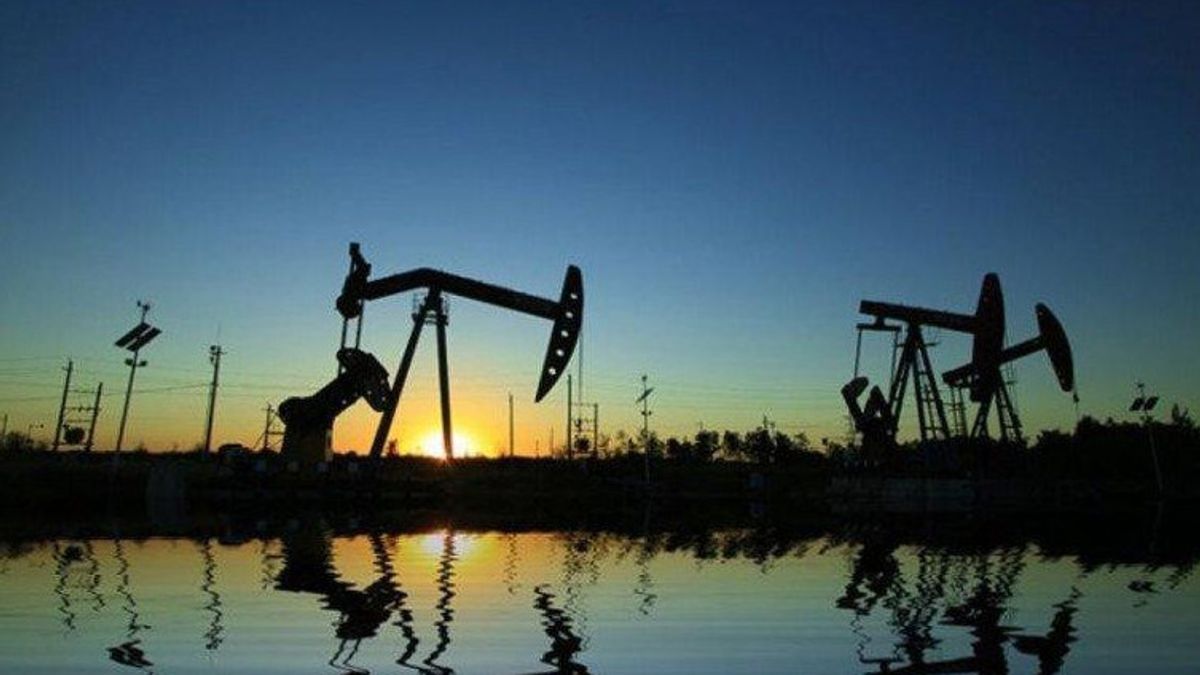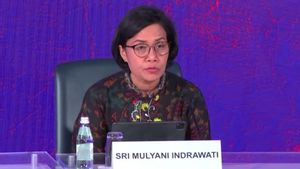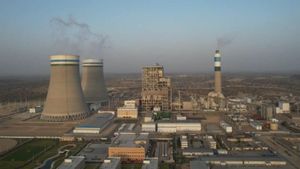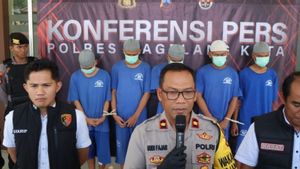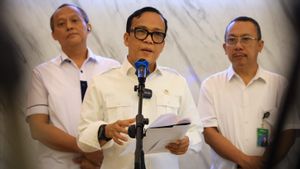The Directorate General of Oil and Gas at the Ministry of Energy and Mineral Resources is working with the relevant Ministry to draft Carbon Capture Storage (CCS) regulations outside the oil and gas working area.
Director General of Oil and Gas Tutuka Ariaji revealed that previously the Ministry of Energy and Mineral Resources had issued Minister of Energy and Mineral Resources Regulation Number 2 of 2023 concerning the Implementation of CCS/CCUS in Upstream Oil and Gas Business Activities.
"The scope of this regulation includes technical and legal aspects as part of Indonesia's upstream oil and gas business model," said Tutuka, quoted on Tuesday, September 12.
In the future, continued Tutuka, the draft Presidential Regulation regarding CCS which is being prepared by the Directorate General of Oil and Gas KESDM together with the relevant Ministries will include activating CCS outside the Oil and Gas Working Area.
This regulation must also be able to open investment opportunities through the Licensing Mechanism.
Tutuka said, which is no less important that this draft Presidential Decree can enable the activation of CCS with CO2 sources from other industries.
Tutuka also explained several considerations for the urgency of the preparation of the Presidential Regulation on CCS Activities.
First, Access to Land and Pore Space for storage.
According to Tutuka, it is important to make clear the legal ownership of the core space and storage obligations, as well as provide access to land for CCS infrastructure development.
In addition, Tutuka also highlighted the importance of Legal and Policy Certainty, where the CCS regulatory framework needs to be well defined to provide business certainty, attract investment, encourage innovation and long-term commitments to the decarbonization initiative.
Next is the urgency of Safety And Environmental Compliance. Tutuka said there needed to be clear guidelines for CCS operations, including environmental protection and safety standards, which are in line with environmental requirements.
Next about Ease of Licensing Process. Tutuka said, in the development of CCS investment, a simple and fast licensing process is needed.
"It is necessary to clarify the roles and responsibilities of each government institution involved. Avoid delaying the bureaucracy which can hinder operations," added Tutuka.
In addition, his party also highlighted the Cross Border Carbon Liability.
According to him, this is important to do to ensure Indonesia is protected.
Through bilateral or multilateral agreements, the Government must ensure the distribution of responsibilities and risks, including leaks that may occur.
Lastly related to Fiscal Incentives for CCS Project Development. Investment in CCS technology is capital-intensive and requires long-term commitment.
Therefore, Tutuka argues, it is important to provide incentives for the pioneer of this industry while ensuring the economics of the project that is feasible for CCS technology.
On that occasion Tutuka also revealed the potential for CO2 Storage Capacity in Indonesia. Where the implementation of CCS/CCUS will depend heavily on storage capacity.
اقرأ أيضا:
Several studies have been conducted to evaluate storage capacity in Indonesia and preliminary results have stated that the potential for deposits in oil and gas reservoirs is around 4.31 giga tonnes of CO2, most of which come from gas reservoirs. 103 fields with CO2 capacity.
As for the sealine aquifer, the potential storage resources are around 9.679 million tons of CO2.
With the huge potential storage capacity of oil and gas reservoirs and aquifer saline, it will strengthen CCS/CCUS' role in supporting emission reduction towards Net Zero Emission, not only in oil and gas but also in other industries.
The English, Chinese, Japanese, Arabic, and French versions are automatically generated by the AI. So there may still be inaccuracies in translating, please always see Indonesian as our main language. (system supported by DigitalSiber.id)
